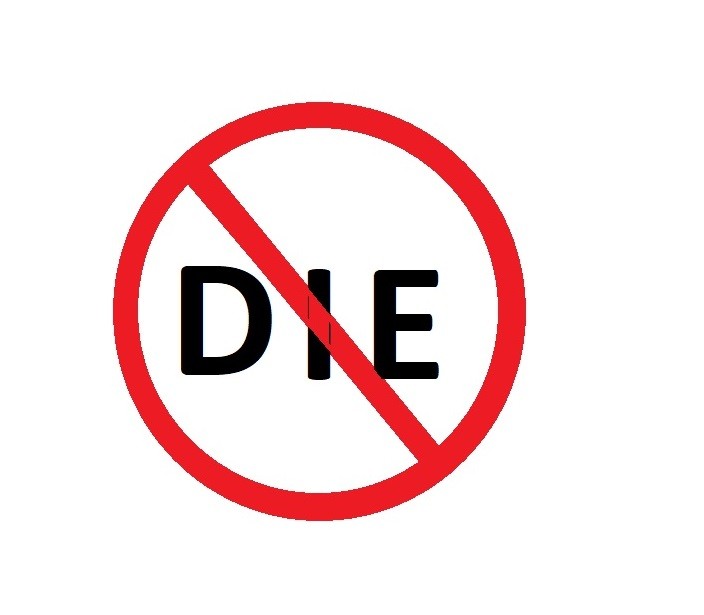by Michael J. Marx
Your client Sally calls you on a Sunday. Her sister Valerie just visited. Their afternoon discussion eventually centered around Valerie’s sense of hopelessness. Sally does not believe that there is any immediate danger. Yet she is unsure. What could you tell her to determine whether Valerie’s situation is a high risk one?
Basically, three things point toward immediate danger:
► There are suicidal thoughts which show clear intent
► There is a plan including means which could be lethal
► There is a history which shows other attempts within the past 2 years
When these three things can be determined in the affirmative, immediate action should be taken. I work with a team of coaches in an organization called Coaching Suicide Awareness. To help with assessing the risk, we have come up with a phrase: Please don’t DIE.
D – questions about Death, e.g. Are you thinking about suicide? Tell me about it.
I – questions about Intent, e.g. Do you have a plan? How would you carry out this plan?
E – questions about Experience, e.g. Have you attempted before? Has it been it within the last two years?
Most people who are thinking about suicide are grateful that you would ask these questions. The more and the longer you can keep them talking about their situation, the less likely they are to attempt suicide. Research shows that those who “recently” attempted to take their own life are more likely to try again and more likely to succeed.
Once you know the risk level, you can better help them get to a place of safety. Coaches ask good questions and help the client formulate an action plan. Suicide intervention is similar, except that you should bring them to a safety plan. Most of the time this means referring the person to a professional who is well suited to help them.
For example they can call the SUICIDE PREVENTION HELP LINE 1-800-273-TALK (2855) https://suicidepreventionlifeline.org/. Often the emergency room in a local hospital is a good choice.
Of course, you could also call 911. (Starting in 2022, you will be able to call 988 which will be dedicated to suicide intervention.)
The above story about Sally and Valerie is a true story. The coach explained the basic questions to Sally over the phone. Ultimately Sally helped her sister find the right mental health professional. Valerie is grateful that her sister was there when she needed her.
If you would like to know more about our organization Coaching Suicide Awareness, please contact us at info@coachingsuicdeawareness.com




